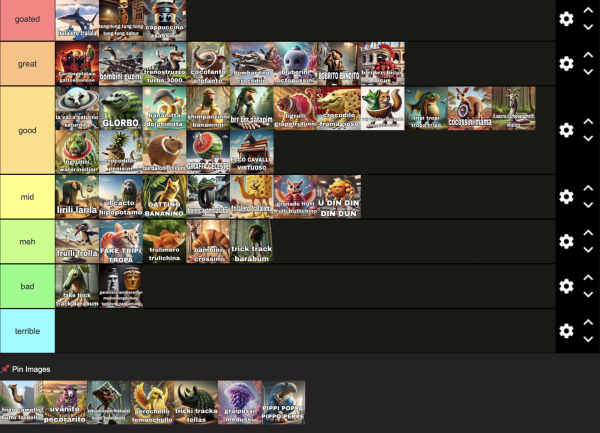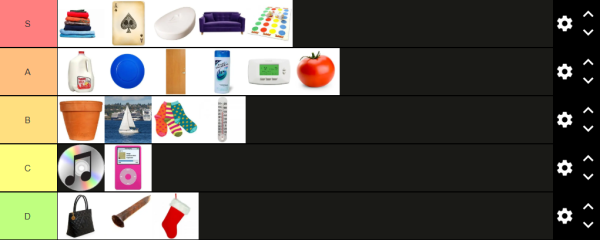Chiefs-Bills thriller prompts debate over NFL OT rules
Concluding an NFL divisional weekend that saw all four games come down to the final play was an instant classic in Arrowhead stadium, where Patrick Mahomes led the Chiefs to a 42-36 win in OT against the Bills. A QB battle for the ages, Sunday night’s game put two of the league’s best young passers head-to-head, perhaps providing a preview of a brewing intense rivalry between two of this generation’s best quarterbacks.
With 25 points scored in the last 1:54 of regulation, including a 13 second Mahomes-led march down the field to set up an OT-causing Harrison Butker FG, both the Bills and Chiefs’ respective passing attacks were so polished that some expressed discontent with the manner in which the game ended: an overtime Kansas City drive down the field ending in a Travis Kelce TD that, per NFL OT rules, ended the game immediately without giving Josh Allen and the Bills offense the chance to touch the field.
While the game remains an instant classic, one can’t help but wonder what it would’ve been like had Allen, who had played a near-flawless game in regulation, been given the opportunity to respond to Mahomes’ OT drive. The Twitterverse quickly began to call for a change to NFL OT rules, with many instead favoring old NCAA Football OT rules that allow teams to go back and forth until one team is able to get a stop (whether that be holding their opponent to a Field Goal or to a turnover on downs) and also outscore their opponent during their possession (whether that be kicking a Field Goal and holding their opponent scoreless, or scoring a TD and holding their opponent to a Field Goal or less).
On the other hand, some have expressed that the Bills loss falls more on defensive failures in big moments on the Chiefs’ final two drives than it does on faulty OT rules. Analysis from the Wall Street Journal finds that, under current NFL rules, the team that wins the coin toss has a 50.4% chance of winning the game, compared to the coin toss losers’ 43.8% chance of victory. It’s not precisely evenly split, but it’s pretty close. If there were some massive statistical advantage given to the team winning the coin toss, shouldn’t we expect that margin to be wider?
Regardless of the statistical merit of the current rules, perhaps the strongest charge against NFL OT is the entertainment factor, or lack thereof. While the old College OT rules produced games like a 7OT 76-74 thriller between LSU and Texas A&M in 2018, NFL rules can create anticlimactic endings, as seen on Sunday night. Among the fans that feel that current NFL OT rules take away some sort of entertainment factor is Christ Church senior Nick Stone.
“It’s dumb,” said Stone, “Just give the ball to both teams, and see what happens.”
And while it remains unseen whether Sunday’s thriller will cause the NFL to adapt its OT rules, the matchup did undoubtedly display one thing: the future of the NFL is in good hands with Mahomes and Allen, and if they continue QB battles like we saw this weekend.






